
The team
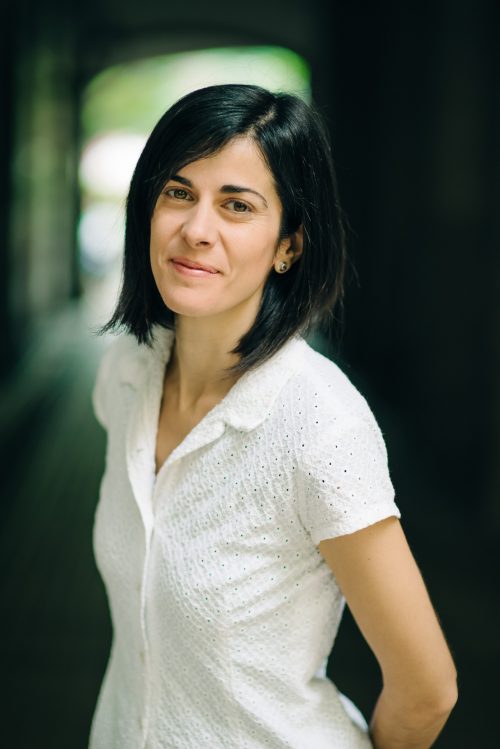
Ana Tajadura-Jiménez (co-Principal Investigator) studied Telecommunications Engineering at Universidad Politécnica de Madrid. She obtained an MSc degree in Digicom and a PhD degree in Applied Acoustics, both at Chalmers University of Technology, Gothenburg, Sweden. Ana was post-doctoral researcher in the Lab of Action and Body (LAB) at Royal Holloway, University of London. In 2012 she moved to University College London Interaction Centre (UCLIC) as an ESRC Future Research Leader and as principal investigator of the project The Hearing Body. Since 2016 Ana is a Ramón y Cajal research fellow, first based at Universidad Loyola Andalucía, and currently at Universidad Carlos III de Madrid. She is also an Honorary Research Associate at UCLIC. Ana coordinates the research line “Multisensory stimulation to alter the perception of body and space, emotion and motor behavior.” Her research is empirical and multidisciplinary, combining perspectives of psychoacoustics, neuroscience and HCI.
Twitter: @AnaTajadura
Publications: www.researchgate.net/profile/Ana_Tajadura-Jimenez
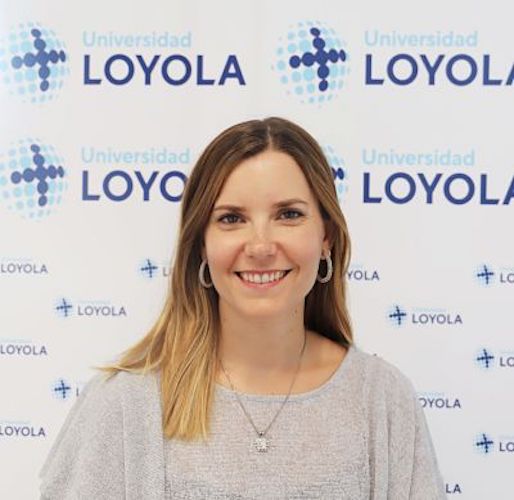
Milagrosa Sánchez Martín (co-Principal Investigator) is Ph.D. in Psychology with European mention at University of Seville. She was awarded in 2011 with the young researcher award by the Spanish Association of Methodology of Behavioral Sciences. She has worked at University of Seville, as specialist staff in beturia Andalusian foundation to research in health (Fabis) from Andalusian Public Health System and she was founding partner of Metodik, company dedicated to providing methodological advice and data analysis. Since 2014 she is associate professor at Universidad Loyola Andalucía and now, she is vice-dean in Psychology. She has participated in several regional, national and European funded projects, as well as research contracts with companies like Maphre Foundation, Spanish Red Cross or Pearson Education. Her research is multidisciplinary and applied, using methods and statistics in different context to resolve the planned objectives.
Publications: https://www.researchgate.net/profile/Milagrosa_Sanchez-Martin
ORCID: https://orcid.org/0000-0002-7387-9971
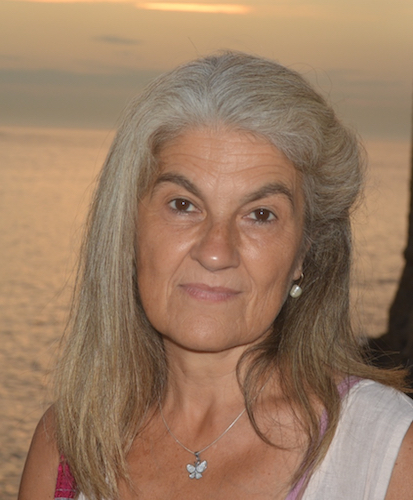
Mercedes Bordá Más is a full professor at the University of Seville. She holds a BSc degree and PhD in Philosophy and Educational Sciences (Psychology Section) from the University of the Basque Country (UPV). She obtained an extraordinary doctorate award. She has taught Behavior Change at MSc and Doctoral level from 1993 to the present. She has been a Specialist in clinical psychology and psychosocial factors in the Occupational Risk Prevention Service of the US since 1997. She is the co-author of more than fifty scientific articles, most of them in journals indexed in international databases. She has directed several doctoral theses and is responsible for the research group CTS-432 “Clinical Intervention in Behavioral Medicine and Health Psychology”, participating as researcher in several research projects related to clinical and health psychology.
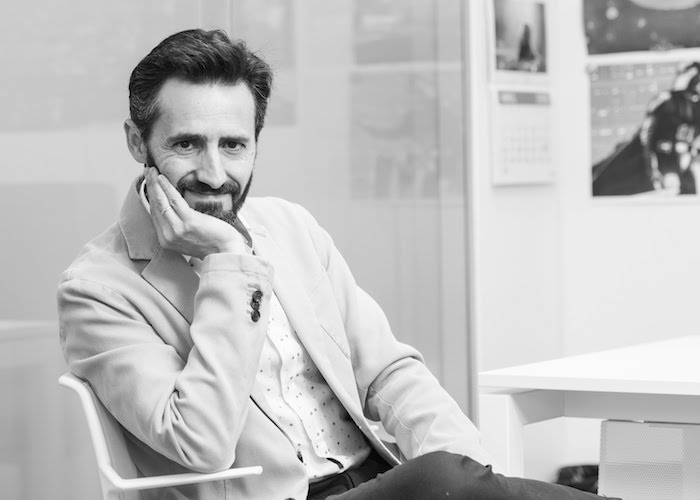
Francisco José Cuadrado is PhD in Communication. He is currently Researcher and professor at Universidad Loyola Andalucía, as well as Associate Dean at the Faculty of Social and Human Sciences. He has also held the position of lecturer at the University of Seville, the University Ramón Llull (Barcelona) and the National University of Quilmes (Argentina). He works on two main research lines. The first one is focused on music and sound creation and perception in media. In this field, Francisco Cuadrado has been the IP of the project “The unconscious listening” funded by Leonardo Grants from BBVA Foundation. The second one is centered on music education and children development through music. As part of this research line, he is the coordinator of the Erasmus KA3 research project “Learn To Be”. Since 2012 Francisco Cuadrado has lead the research and educational project “Music and Talent”, focused in the use of music as a resource for the cognitive, social and emotional development of school aged children. As a professional, he has worked as composer, sound designer and music producer for more than 20 years in projects for Universal Music Spain, TVE, Lotus Films, Nickel Odeon Dos, Flamenco Vivo Records, Acciona Producciones y Diseño, Hall Academy of Media Arts or Fundación Baremboin-Said.
Twitter: @fjcuadrado
Website: http://www.franciscocuadrado.com www.laescuchainconsciente.com
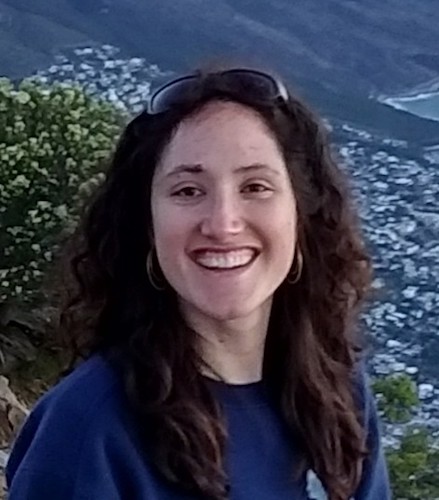
Lize De Coster is a postdoctoral researcher at Universidad Carlos III de Madrid. She obtained a PhD degree in Experimental Psychology with a focus on social neuroscience at Ghent University (Belgium) and was a postdoctoral researcher at the University of California, San Francisco (USA) in the Department of Psychiatry. She is currently a Juan de la Cierva postdoctoral fellow in the Interactive Systems Group at the Department of Computer Science at Universidad Carlos III de Madrid. Her research focuses on (sensori)motor learning in different realities using neuroimaging, combining experimental psychology, neuroscience and HCI.
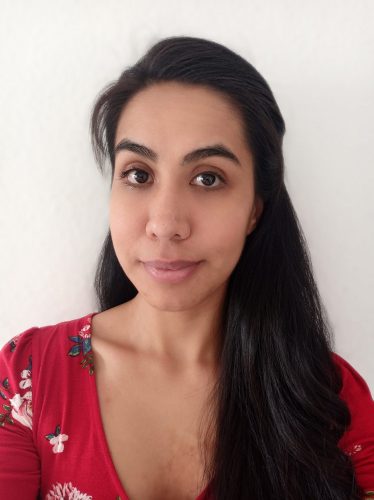
Judith Guadalupe Ley Flores is a PhD student of Computer Science and Technology at Universidad Carlos III of Madrid. She is working on the research line “Multisensory stimulation to alter the perception of body and space, emotion and motor behavior”. She studied Software Engineering at ITSON, Mexico and earned an MSc degree in computer Sciences at CICESE Research Center, Mexico. Her research interests are Human Computer Interaction (HCI), ubiquitous computing, sound computing for multimodal interfaces like interactive surfaces in combination with sound feedback to support activities in physical health such as motor therapies, rehabilitation or some application of physical computing.
LinkedIn: https://www.linkedin.com/in/judith-ley-flores/

Alfredo Miralles. Cultural manager, teacher and artist. Master in Educational Innovation (Universidad Carlos III de Madrid, Spain), specialist in interdisciplinary learning (University of Leeds, UK) and postgraduate in art and technology (FLASCO, Buenos Aires). She has been working since 2009 in the Aula de las Artes of Universidad Carlos III de Madrid, where he coordinates the Art and Science Platform and the educational project Conjuntos.

Sergio Navas León is currently a PhD student in Psychology at Universidad Loyola Andalucía in the area of Cognitive and Affective Neuroscience. He studied Psychology at University of Huelva (Spain) and obtained a MA degree in Health Psychology from the same university. His interests are data analysis, human multi sensory perception and auditory-feedback technologies. His research is based on the modification of perceptual distortions normally present in people with eating disorders in order to improve their physical and emotional health.
ResearchGate: https://www.researchgate.net/profile/Sergio_Navas-Leon
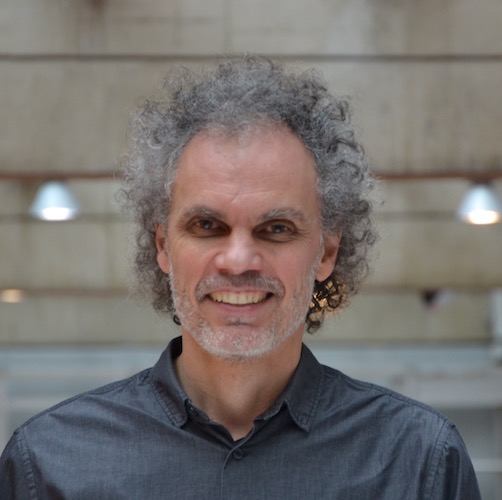
Frédéric Bevilacqua is the head of the Sound Music Movement Interaction team at IRCAM in Paris, part of the joint research lab STMS: Science & Technology for Music and Sound – IRCAM – CNRS – Sorbonne Université. His research concerns gesture-based interactive systems and the modelling and the design of interaction between movement and sound. The applications range from digital musical instruments, performing arts to rehabilitation guided through sound feedback. He holds a master degree in physics and a Ph.D. in biomedical optics from EPFL in Lausanne. He also studied music at the Berklee College of Music in Boston and has participated in different music and media arts projects. From 1999 to 2003 he was a researcher at the Beckman Laser Institute at the University of California Irvine. In 2003 he joined IRCAM as a researcher on gesture analysis for music and performing arts. He co-authored more than 130 scientific publications and co-authored 5 patents. His research projects and installations were presented internationally, including the Pompidou Center, MoMA (USA), ZKM (Germany), EMPAC (USA), YCAM (Japan). He was keynote or invited speaker at several international conferences such as the ACM TEI’13. In 2006 he was the co-chair of the International conference New Interfaces for Musical Expression. As the coordinator of the “Interlude project”, he was awarded in 2011 the 1st Prize of the Guthman Musical Instrument Competition (Georgia Tech) and received the award “prix ANR du Numérique” from the French National Research Agency (category Societal Impact, 2013).
Twitter: @fredbevi
Website: http://frederic-bevilacqua.net
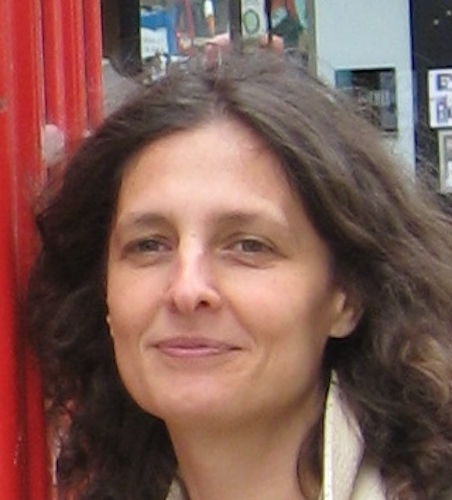
Nadia Bianchi-Berthouze is a Full Professor in Affective Computing and Interaction at the Interaction Centre of the University College London (UCL). She received her PhD in Computer Science for Biomedicine from the University of the Studies of Milan, Italy. Her research focuses on designing technology that can sense the affective state of its users and use that information to tailor the interaction process. She has pioneered the field of Affective Computing and for more than a decade she has investigated body movement and more recently touch behaviour as means to recognize and measure the quality of the user experience in full-body computer games, physical rehabilitation and textile design. She also studies how full-body technology and body sensory feedback can be used to modulate people’s perception of themselves and of their capabilities to improve self-efficacy and copying capabilities. She has published more than 170 papers in Affective Computing, HCI, and Pattern Recognition. She was awarded the 2003 Technical Prize from the Japanese Society of Kansei Engineering and she has given a TEDxStMartin talk (2012).
Twitter: @NadiaBerthouze @EmoPain
Website: https://uclic.ucl.ac.uk/people/nadia-berthouze

Kristi Kuusk is a designer-researcher working on the direction of crafting sustainable smart textile services. She is looking for new ways for textiles and fashion to be more sustainable through the implementation of technology. In 2016 Kristi presented her PhD project (part of CRISP) on craft and sustainability qualities in smart textile services at the Eindhoven University of Technology in Designing Quality in Interaction research group. The related collaborative design work has been presented in various international exhibitions, shows and conferences. Her PhD work related to Augmented Reality on textiles was granted a patent in 2018 and commercialised by an industrial partner. Today Kristi works as an Associate Professor and researcher in the textile futures direction at the Estonian Academy of Arts. In 2017 her project “Magic Lining” was awarded by the jury of VERTIGO to collaborate with ICT R&D projects with the goal of producing original artworks featuring innovative use-cases of the developed technologies. In 2018 her explorative children clothing brand Spellbound was selected by the jury of WORTH as one of the winning projects for transnational creative collaboration. In 2019 same award was given to another collaborative project— Wearable Play, Brooklyn fashion + Design Accelerator nominated Kristi as one of the 23 women leading the world of fashion technology, Interesting Engineering pointed her as one of the 9 Inspirational and Creative Fashion Tech Designers, and Women in Wearables as one of the Top 100 Women in Fashion Tech.
Portfolio: www.kristikuusk.com
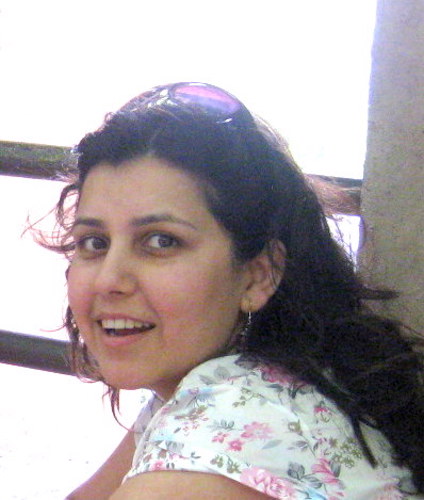
Aneesha Singh is Lecturer in Human-Computer Interaction at the UCL Interaction Centre. She is interested in the design, adoption and use of personal health and wellbeing technologies in everyday contexts. She is working in the research areas of digital health, ubiquitous computing, multisensory feedback and wearable technology. She received her PhD at UCL in Human Computer Interaction and her MSc in Evolutionary and Adaptive Systems from University of Sussex. Before that she has previously worked in industry in various roles as a software developer, analyst and project leader, and as a technical journalist.
Twitter: @puddlelogic
Website: https://uclic.ucl.ac.uk/people/aneesha-singh
Google scholar: scholar.google.co.uk/citations?user=vYSVHBEAAAAJ&hl=en&oi=ao
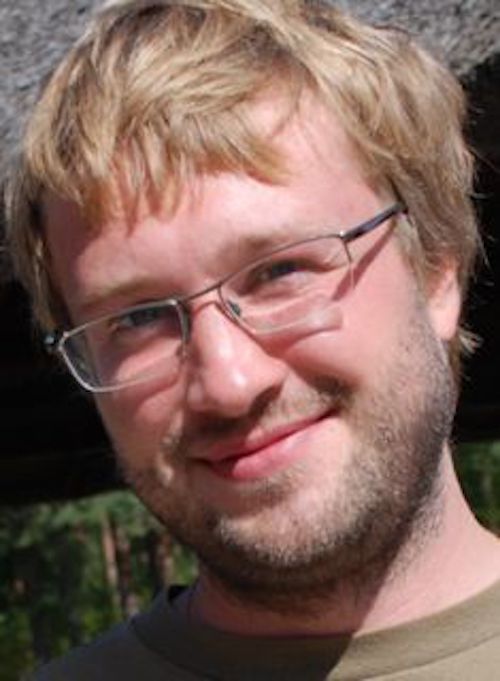
Aleksander Väljamäe received his PhD in applied acoustics at Chalmers University of Technology, Gothenburg, Sweden, in 2007. During his PhD studies on multisensory perception he also worked at University of Barcelona, Spain and NTT Communication Science Labs, Japan. In 2007-2010 he has being a postdoctoral fellow and the psychophysiology lab director at SPECS Laboratory, Pompeu Fabra University, Barcelona, Spain. In 2011-2012 he was a senior postdoctoral fellow at Neuropsychology Laboratory, University of Graz, and Graz BCI lab, Technical University of Graz, Austria. From 2013 till Feb. 2015 he was Marie Sklodowska-Curie International Outgoing Fellow (Sankt Petersburg State University and Linkoping University) working on collaborative neurofeedback applications. During this time he has being active in a number of EU projects: POEMS, PRESENCCIA, BrainAble, TOBI, Future BNCI, CONTRAST and GALA; and acted as an external expert for EC. Currently he is an associate professor in physiological computing at HCI group, School of Digital Technologies, Tallinn University, Estonia. His psychophysiology research concerns how audiovisual media influence humans on perceptual, cognitive and emotional levels, with particular stress on the novel methods for diagnosis and treatment of various brain disorders (e.g. depression, migraine) and new applications (Brain-Computer Interfaces, neurocinema). Dr. Väljamäe also participates actively in art and science projects, e.g., his technical directing of the “Multimodal Brain Orchestra” performance in 2009, Prague (http://news.bbc.co.uk/2/hi/science/nature/8016869.stm), or supporting video roadmapping activities of Future BNCI project (youtube.com/user/FutureBNCI).
Publications: https://www.researchgate.net/profile/Aleksander_Vaeljamaee
LinkedIn: https://www.linkedin.com/in/aleksander-valjamae-7740552b/
